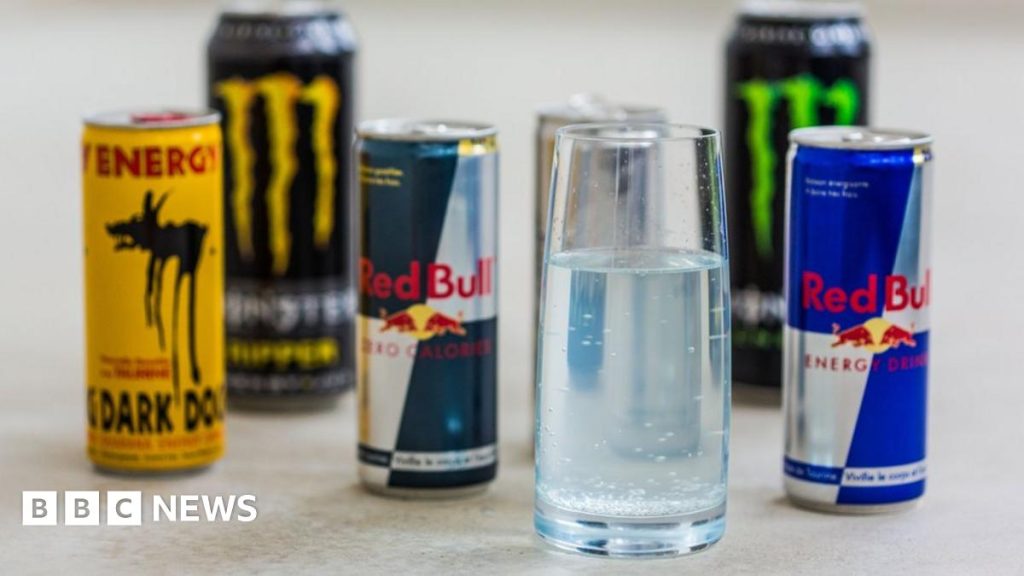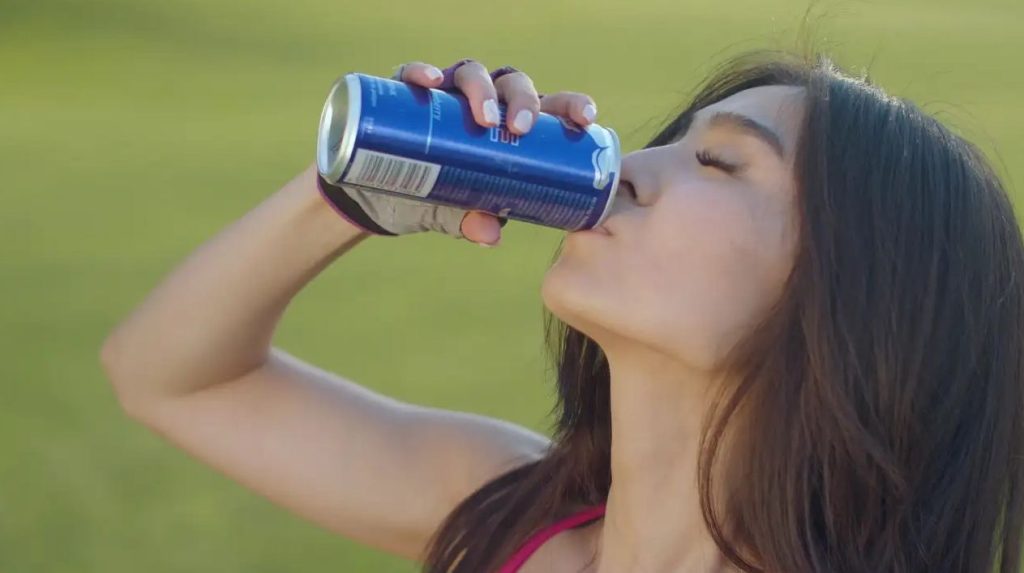Lucy Parker, a 35-year-old mother of two from Maidenhead, UK, now residing in Australia, consumed energy drinks daily for over 15 years, often replacing breakfast with them. Despite knowing they weren’t the healthiest choice, she didn’t anticipate the severe impact on her health. After experiencing intense stomach pain, a CT scan revealed a concerning issue: her liver was “not looking too healthy.” Doctors diagnosed her with non-alcoholic fatty liver disease (NAFLD), a condition where fat accumulates in the liver, potentially leading to cirrhosis, diabetes, high blood pressure, and kidney disease if left untreated.
Understanding NAFLD and Its Risks
NAFLD is increasingly common, especially among individuals with poor dietary habits. The liver, responsible for detoxifying the body, becomes overwhelmed when excessive fat accumulates, leading to inflammation and scarring. Over time, this can progress to more severe liver conditions, including cirrhosis and liver failure. Lucy’s case underscores the importance of early detection and lifestyle changes to prevent irreversible damage.

The Role of Energy Drinks in Liver Damage
Energy drinks often contain high levels of sugar, caffeine, and additives like niacin (vitamin B3). While niacin is essential in small amounts, excessive intake can be hepatotoxic. A case study published in the British Medical Journal detailed a 50-year-old man who developed acute hepatitis after consuming four to five energy drinks daily for three weeks. His symptoms included abdominal pain, nausea, vomiting, and jaundice, all indicative of liver distress.
Medical Community’s Perspective
Healthcare professionals are increasingly concerned about the impact of energy drinks on liver health. A study in the Journal of Hepatology highlighted the hepatotoxic potential of energy drinks, especially when consumed in large quantities. The combination of high sugar content and excessive niacin can strain the liver, leading to elevated liver enzymes and, in severe cases, liver failure.
Steps Towards Recovery and Prevention
Upon receiving her diagnosis, Lucy made the conscious decision to eliminate energy drinks from her diet. She emphasized the importance of listening to one’s body and seeking medical advice when experiencing unusual symptoms. For those looking to reduce or eliminate energy drink consumption, consider the following alternatives:
- Hydration: Drinking water throughout the day helps maintain energy levels and supports overall health.
- Balanced Diet: Consuming a diet rich in fruits, vegetables, lean proteins, and whole grains provides sustained energy.
- Regular Exercise: Physical activity boosts energy and improves mood.
- Adequate Sleep: Ensuring 7-9 hours of quality sleep each night is crucial for energy and well-being.

Conclusion
Lucy’s experience serves as a cautionary tale about the potential dangers of long-term energy drink consumption. While they may offer a temporary boost, the long-term health risks, particularly to liver health, are significant. It’s essential to be mindful of dietary choices and prioritize overall well-being over short-term energy fixes. Moreover, Lucy’s story has sparked conversations online, with many people sharing similar experiences of dependency on energy drinks and subsequent health issues. Experts recommend more public awareness campaigns and clearer labeling on energy drink packaging to inform consumers about the risks. Education and moderation remain key to preventing future health complications.

















